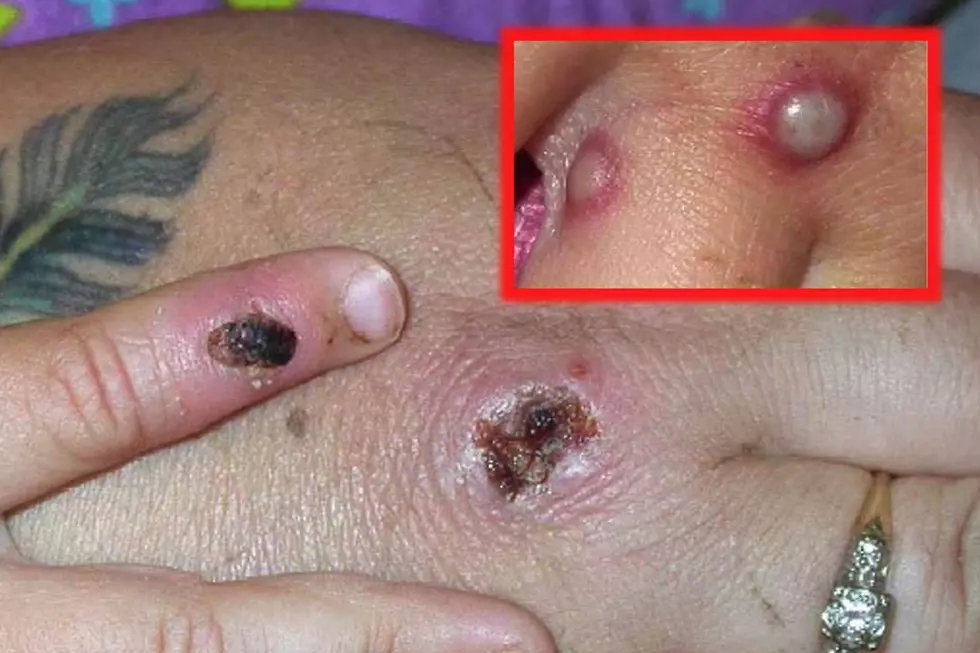
‘Urgent Threat’ Superbug Affecting at Least 141 People in NJ
Described by the Centers for Disease Control and Prevention as an "emerging fungus that presents a serious global threat," a multidrug-resistant illness has affected at least 141 people in the Garden State.
Worse yet, Candida auris, a type of yeast that can enter the bloodstream and cause serious invasive infections, needs special laboratory methods in order to be identified, making it difficult to control in the environments where it's found the most.
The federal agency is alerting healthcare facilities across the country to "be on the lookout" for the superbug in their patients. Those at highest risk appear to be patients who've been hospitalized for a long time, have lines or tubes entering their body — such as a central venous catheter, or have previously received antibiotics or antifungal drugs.
A 2019 report from the CDC finds that more than 35,000 people die each year due to antibiotic-resistant infections. And more than 2.8 million of those infections occur each year.
In the report, Candida auris is categorized as an "urgent threat" — the highest level of concern. Some infections have been resistant to all three main classes of antifungal medications, CDC said.
The agency said it is concerned about "rising resistant infections in the community."
"Part of the problem is the diagnostics tests which are available for identification of yeasts and fungus like candida — they're not very good, and they often lead to misidentification," said Dr. Neeraj Chauhan, associate professor of microbiology with the Public Health Institute at Rutgers New Jersey Medical School.
"From a single case in Japan, now it's reported in more than 30 countries worldwide, so that is a big problem," Chauhan said.
C. auris sticks to surfaces and spreads through contact with contaminated surfaces, Chauhan noted.
The New Jersey Department of Health has recorded 141 confirmed and 22 probable cases as of September 30.
"One of the best ways to prevent the spread of dangerous germs like C. auris in healthcare settings is by all people performing good hand hygiene," a DOH spokesperson said. "Washing hands frequently can help prevent the spread of this organism. Healthcare facilities should practice good general infection control technique."

More From WPG Talk Radio 95.5 FM










